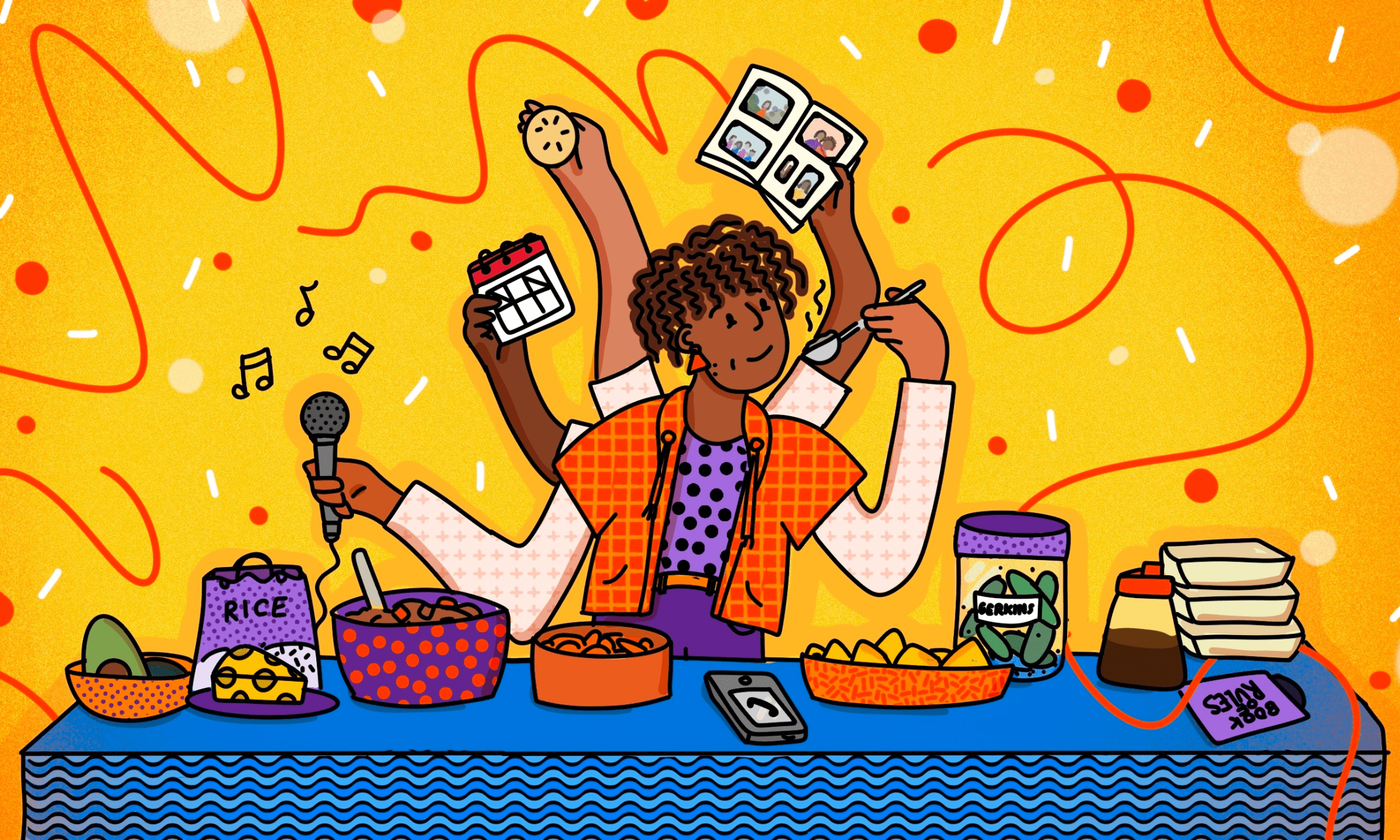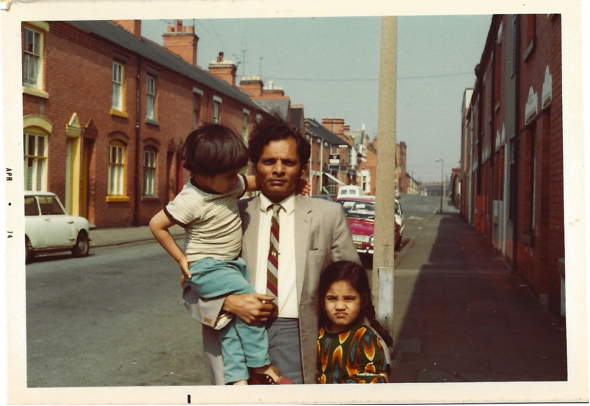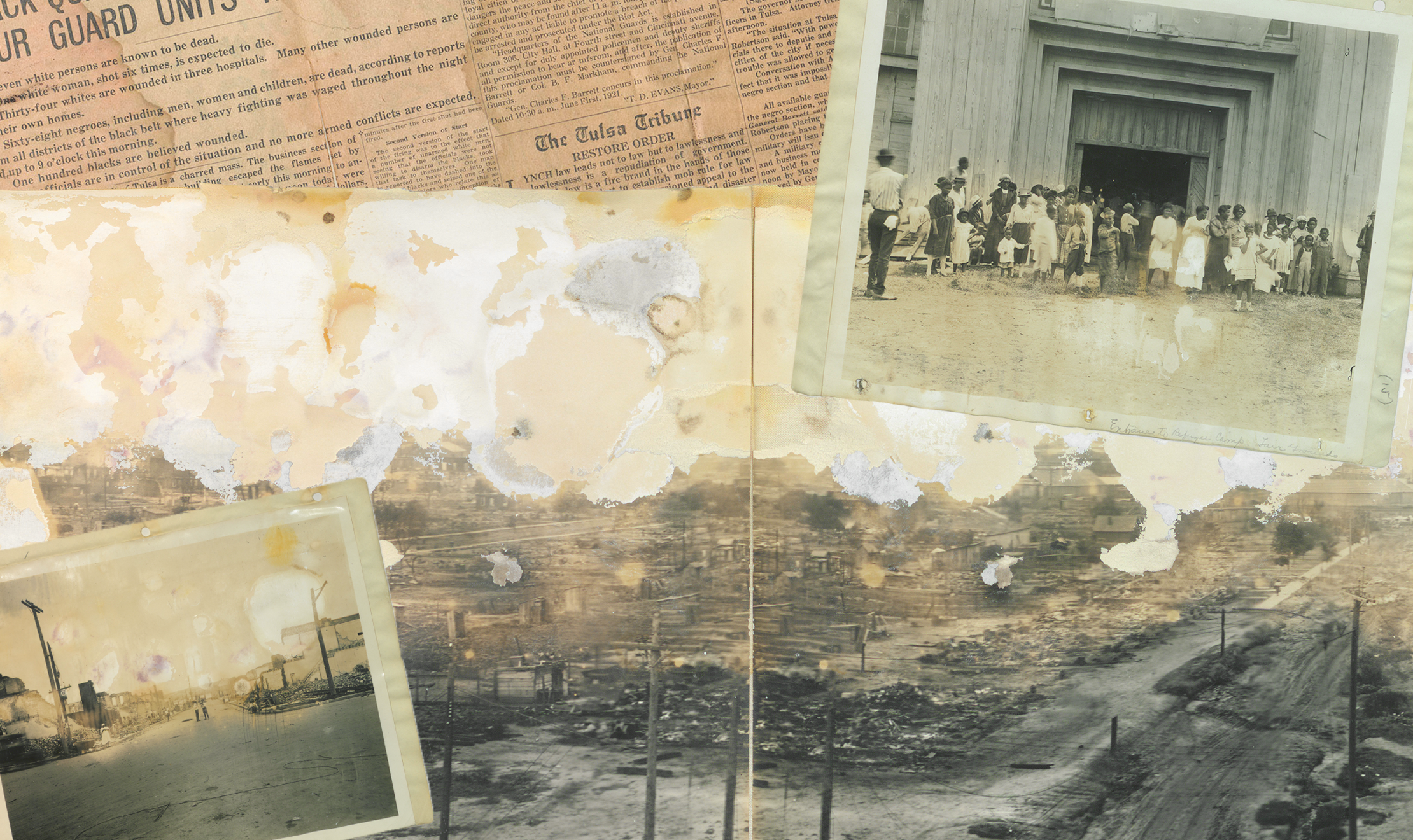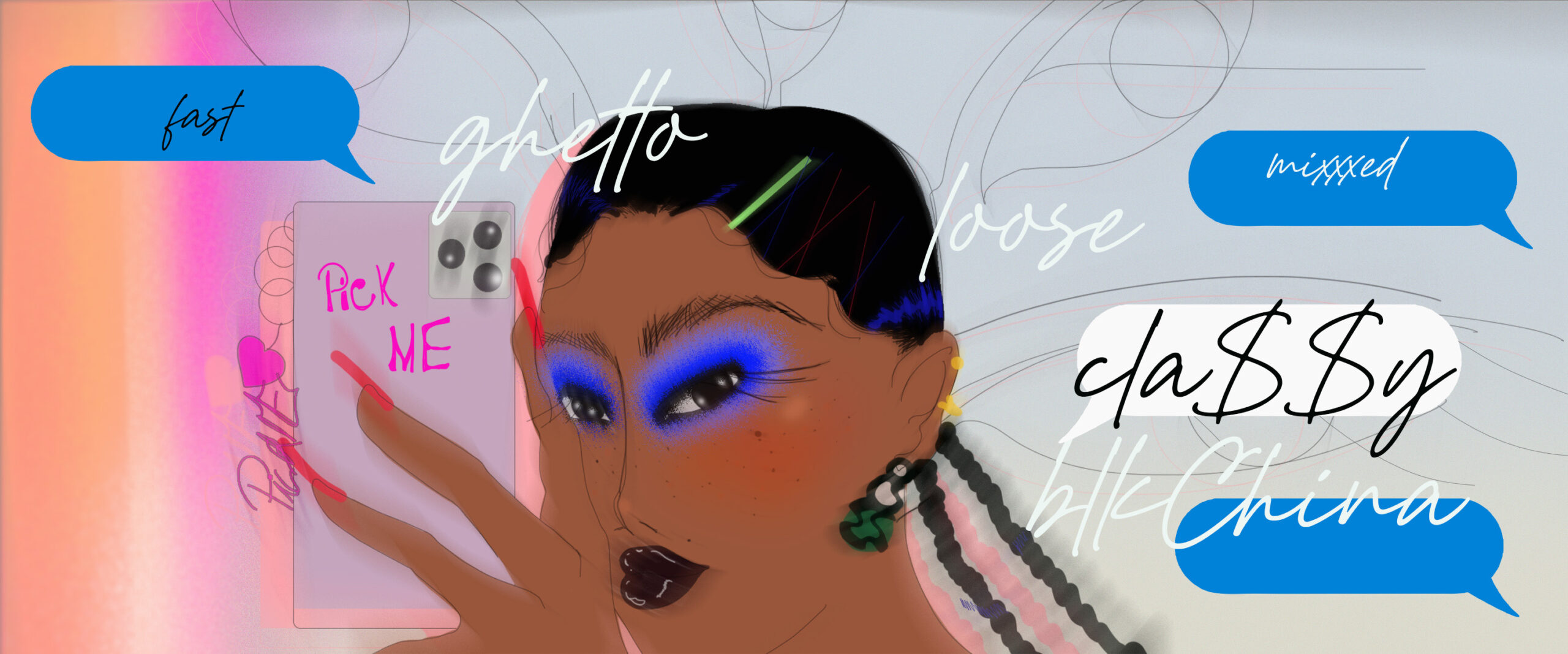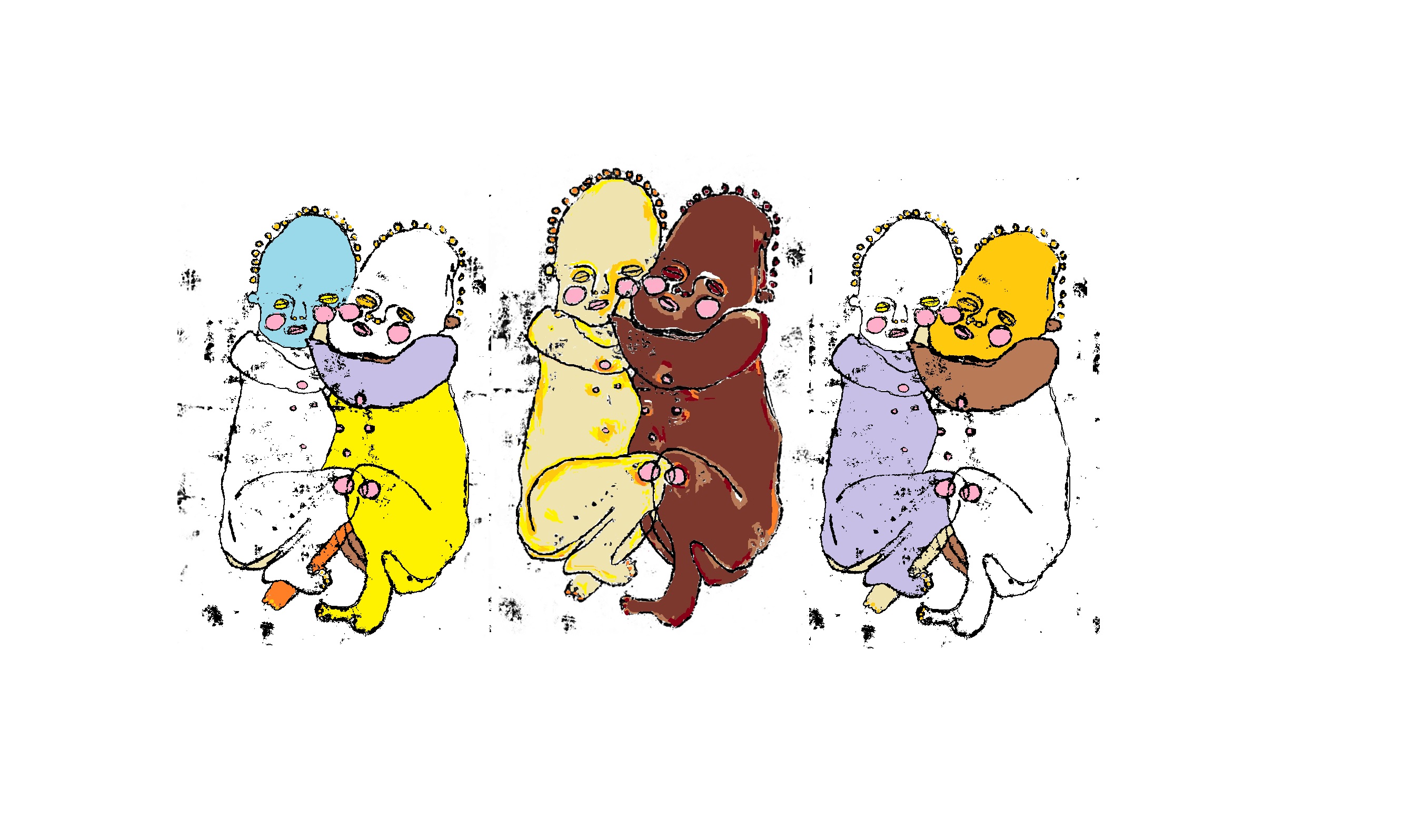
I come from a capital city with a long history of diverse communities meshed together through sea trading in steel and coal. The war brought Americans, the potato famine brought Irish and opening of the Suez Canal brought the largest Somali community in the UK. It is not London, but I remember an ease with mixing of culture, food and festivity. It is not unusual to see white girls in hijab, brown girls with white guys or black, Arab with black and any other mixture. Admittedly these mixes may come with prejudice, but my point is it’s there in full glory for all to see.
I myself am mixed race brought up by a white mother – my culture and experience has been shaped and guided by her values. Many weekends spent rallying in London during the anti-apartheid movement were my introduction to the grown up world of race and this shaped future views. My mother, who was excluded from her own community, was able to empathise with any discrimination I experienced as her child, she was fierce and supportive in every dream or achievement I claimed.
I now live 7 miles from the city; I cannot describe my current community as traditionally multicultural. The few PoC are as a result very visible, the Syrian family at the school, the Muslim lady that gives me “the nod” when I see her at the shop – it’s hardly a melting pot! As a family we navigate the tricky line between views and invisible influences of a very white community and maintain strong connections to an extensive black family. In my own role, as a single, black parent I negotiate interactions within this community, with poorly thought out comments or questions from people that are indeed warm, friendly and inclusive. Recently I talked about my love of, and inability to have “dip-dyed hair” to a mother at the school gates. She said (out loud),“but you’re not THAT black?”. I was able to challenge this but it highlights a naivety based in her own experience and this will undoubtedly spill to her daughter who is my child’s best friend.
“Baby A was black with a slick of black brown hair – squawking and baby B was white with a glorious golden crown- scowling… I did NOT dream that!”
In 2007 I gave birth to twins, until that point they were known to me and my squad of NHS professionals as Baby A and Baby B. I had fortnightly scans, so I saw the kids developing faces and I recognised their personalities, their movements. I knew that Baby A was a boy and B was a girl, I did not feel the need for their sex to be yet another “surprise”. I assume that all new mums imagine their children before they are born, it’s part of the expectancy; like a gargantuan present that you are desperate to open…no? After each child was brought into the world a person leaned over me with a small bundle and I made a quick assessment of my dreams. Baby A was black with a slick of black brown hair – squawking and baby B was white with a glorious golden crown- scowling… I did NOT dream that!
Statistically the chances of having twins “are better than ever” (whoop de do, Twins UK) this statistic increases, as you get older and by 35 you have 21.7% chance per 1000; If you are Nigerian the likelihood 1 in 20! However the odds on one being black and one being white are 1 or 2 in a million! After their birth there was much talk of “twins in your family?” ermm nope, “gingers?” nope. It is really interesting how people want to make sense of things. Sometimes there is no sense, it is what it is. Because of their differences (and there are many) I see my children as just 2 kids born on the same day, their colour is my heritage soup lottery and I remain in love with my prize.
With twins there comes this intrusive “multiple celebrity” thing, people want to look. I am so over being asked, “are they identical?” often but cheerfully I say that I can’t actually tell them apart! On one occasion we were in a lift and a woman, arms folded looked down at them and said,“oh love, she’ll be okay,”as if Baby B had more than one head! Minutes later a black lady called over her friend to look, they considered and exclaimed “oh she’s a true Cape Verdean, they are all like that there.” I almost cried with relief as my father’s family are from Cape Verde.
“Neither of them appears fazed by their difference to each other and they explain that making a baby is like making a cake; sometimes you might put a bit more of one ingredient in.”
There seems to be a belief that twins are “the same” but experience tells me that nurture and nature continue to be at odds with this. We remain part of a national twin study, the research data continually supports my own conclusions – my children are indeed very different. Baby A is confident and happy, a little emotional, but very comfortable in his own skin. He describes himself as black with one huge afro, like his mother, has green eyes and a European-ish nose. Baby A tells me that he likes being black, there are no other PoC in his class at school and this makes him different.
Baby B is painfully shy, reserved and incredibly quiet. She is unable to bear the attention of others and avoids the spotlight in all ways. When asked, my daughter describes herself as white, like her dad. She has a full face of freckles, a wider nose and a mane of ginger hair (unlike her dad!). She is familiar with aspects of her history, fully and completely understands her mixture of heritage, and the differences in our immediate family. But whilst she makes this personal distinction, a simple observation, it causes me great angst. Why? Because of my own experiences or because of how disappointed I believe she will be when the world says its not that simple, it’s different, but is it?
I have asked A & B about their colour often, I am cautious not to make it a big deal, because they don’t. Neither of them appears fazed by their difference to each other and they explain that making a baby is like making a cake; sometimes you might put a bit more of one ingredient in. I remember being a child and being asked when people met my mother “are you adopted ?” I have vivid memories of how that felt. I have heard my daughter rebuff questions thrown at her by others she is ferocious in her response about my being her mother and A being her twin brother. This leaves me struggling with the question if this response is about defending her difference (even as a member in our family) or defending ours?
“As a mother I attempt to remind them daily of roots, wider cultures and a communities that they are part of.”
This week my daughter appeared astounded to discover that Beyoncé was in fact black yet her brother (who once, seeing the campaign poster of Obama on our wall asked “are we related to him?”) laughed at this and quickly pointed out that the pop stars yellow hair had nothing to do with race. She did not flinch at this revelation but conceded embarrassed by her brother’s amusement, this outlook continues to put Baby B in a precarious position.
As a mother I attempt to remind them daily of roots, wider cultures and a communities that they are part of. To encourage and support their understanding of both their own and others culture and differences I seek experiences out of the norm. We went to Morocco for 3 weeks and did a home stay (part of a surfing break!!), becoming part of a French Muslim neighbourhood. My son was instantly adopted by everyone as an African and renamed “Brahim”. He loved this aspect of “family” and “community”, yet my daughter was an anomaly and was left quietly in the background, because she was a girl or because she was white?
My daughter does have black features and this is her lineage, this will not change and she does not question it but how does my daughter feel about being able to morph into two worlds? My son chooses to identify with celebrated versions of colour in sport, music and history. My daughter seems to observe the world with different eyes. Given images of Beyoncé, Trump or even the area in which we live how do they manage and make sense of who they are and who they hope to become.
My children are only nine, I recognise that it is me who struggles with their perceived identity. As a mother it is “knowing” the experience other people’s antipathy and suspicions, misguided assumptions and general inappropriate conclusions. But I already know how will they respond and challenge, as they are their feminist black mothers and their conscious grandmothers children. So if I am honest, at this point who’s issue is this?
For now instead of asking about their colour I ask them about their physical features, truth be known any black person would be able to tell immediately that they are PoC. Ultimately identity is choice, is it not?

